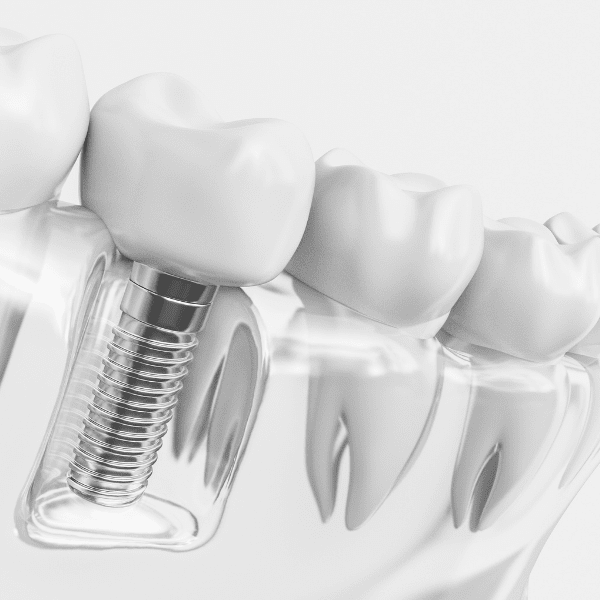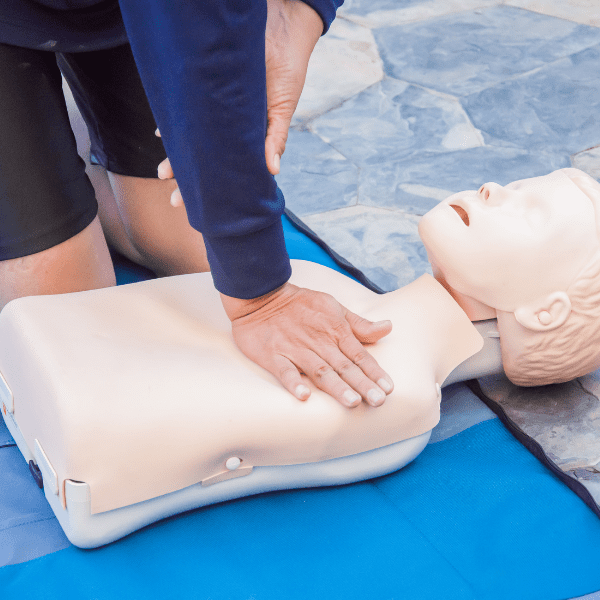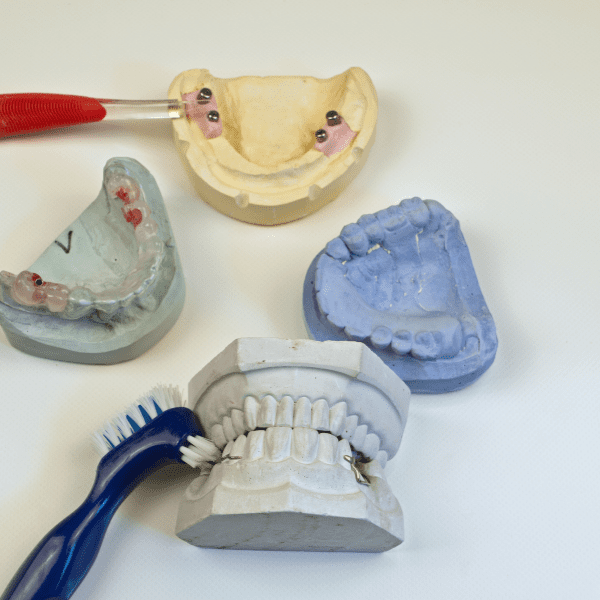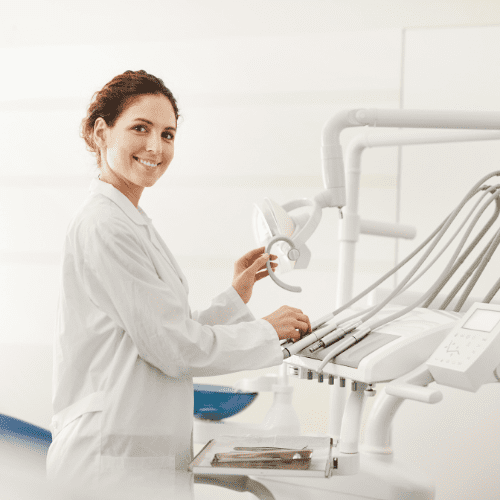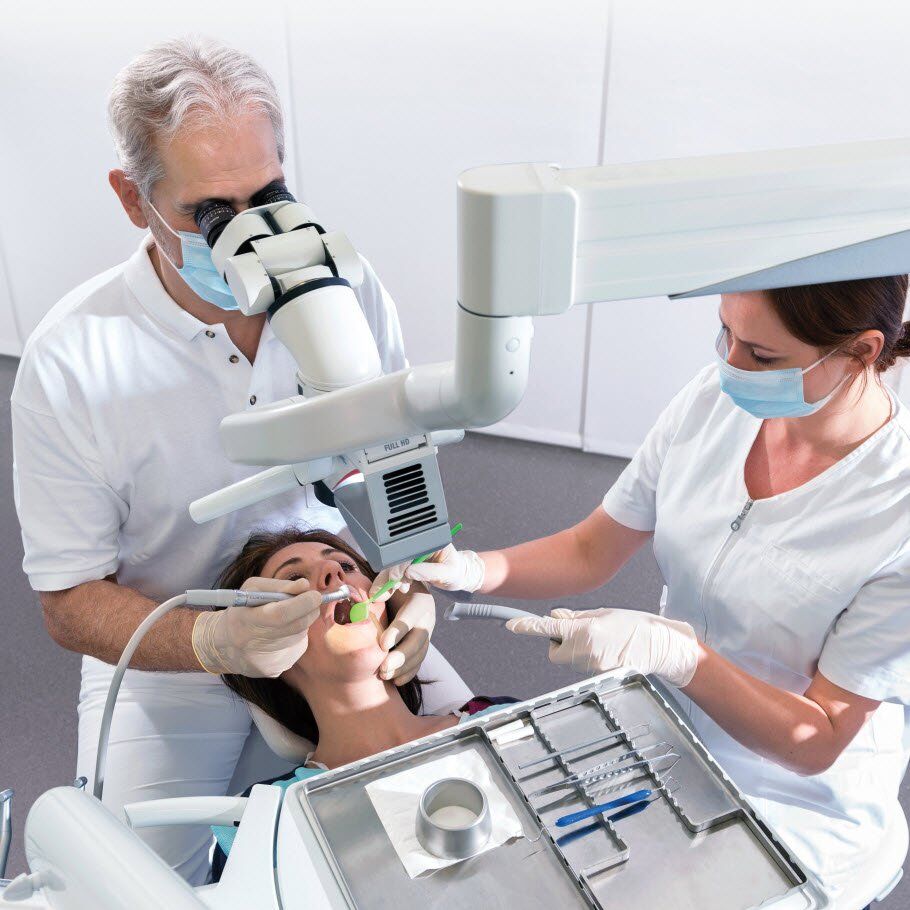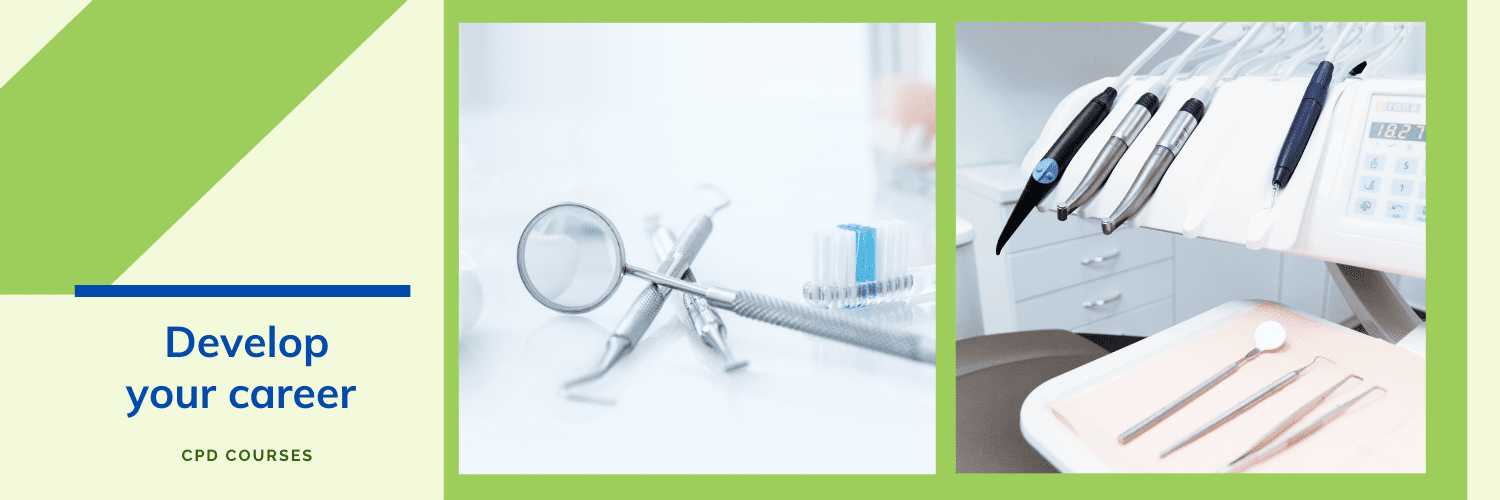
Online CPD – Essential CPD for Practice Managers
For all dental professionals
Our essential Practice Management program has been designed to save you time offering everything that your team needs to know in one easy convenient place.
All of our online courses are of the highest quality and meet the CQC regulations to ensure you and your practice are delivering the best standard of dental care.
What you will learn from this CPD course
These practice management topics will give you an understanding of key areas of compliance for the day to day running of the dental practice.
- Complaints Handling 2 Hours
- The Mental Capacity Act for the Dental Team 4 Hours
- COSHH Risk Assessment 4 Hours
- Fire safety 4 Hours
- Defibrillator supported CPR 1 Hour
- DSE risk assessment 4 Hours
- General Data Protection Regulation for the Dental team 4 Hours
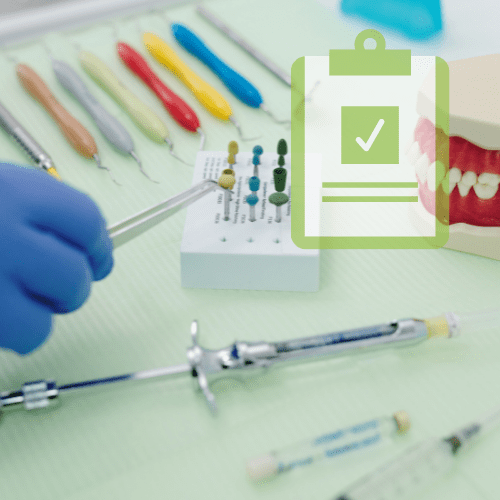
Who is the course suitable for?
Dentists
Dental Therapists
Dental Hygienists
Orthodontic Therapists
Clinical Dental Technicians
Dental nurses
Dental Technicians
And any other team members with a valid GDC number can benefit from this CPD course.
Great reasons to take this course
- Be an asset to your team by knowing your role and responsibilities in complaints handling, The mental capacity act, managing a cardiac arrest, COSHH, fire safety, display screen safety and GDPR and performing them well.
- Why not equip yourself to become your practice complaints manager?
- Fulfil your GDC and CQC training requirements on these essential topics.
- Boost your employability – Being up to date in these topics is very appealing to potential employers.
Course Contents
Complaints Handling:
- Why do patient complaints happen
- How patients complain
- How you as a dental care professional should manage patient complaints?
- What a practice complaints manager is and what their responsibilities are
- How the dental practice should manage complaints
- Which GDC guidance we should refer to know our responsibilities when handling dental complaints.
Fire Safety:
- How fires are caused in the workplace,
- Which hazards exist during or after a fire and the characteristics of fire and smoke spread.
- How to identify and control fire hazards at work.
- What is meant by the term ‘means of escape’ in relation to fire hazards
- The principles of extinguishing fires
- How to use portable fire fighting equipment and fixed fire fighting systems.
- The duties of employers and employees in relation to workplace fire safety,
- How to undertake a simple fire safety inspection and the stages of a fire risk assessment.
- The role of the Fire Warden and the contents of a fire safety briefing.
Display Screen Risk Assessment:
- The reasons for conducting risk assessments and the main legislation relating to DSE risk assessments
- The principles of good DSE workstation design, the main causes of ill health relating to DSE use and the corrections that can be made to workstation design to control risks.
- How to carry out all stages of a DSE risk assessment and the circumstances in which a DSE risk assessment should be reviewed.
General Data Protection Regulations:
- Know exactly what GDPR means.
- Understand the principles of GDPR
- Understand the Rights of the individual under GDPR
- How to protect dental patients, staff and their information
- Know the relevance of GDPR to your role and the dental practice
The Mental Capacity Act:
- You will learn exactly what the mental capacity is and its importance in the dental setting.
- The five principles of the MCA
- How the MCA empowers people to make decisions for themselves and protects people who lack capacity.
- Why effective communication is important when working with a person who may lack capacity.
COSHH:
- The importance of COSHH risk assessments,
- The reasons for conducting COSHH risk assessments
- The main legislation relating to COSHH risk assessments.
- To identify and classify different forms of hazardous substances and how these substances affect the body to cause harm.
- To control risks from hazardous substances
- The factors to consider when assessing risks from exposure to hazardous substances.
- The hierarchy of controls in relation to hazardous substances.
- How to carry out a COSHH risk assessment in your practice.
- The stages of a COSHH risk assessment and the circumstances in which a COSHH risk assessment should be reviewed.
- Our duty to report under RIDDOR
- Which injuries diseases and dangerous occurrences are reportable under RIDDOR
- How they are reported and within which timescales.
- How they are recorded
Defibrillator supported CPR:
- How to identify and manage a cardiac arrest.
- How to promptly provide life potentially saving treatment and summon help from other team members and emergency services for cardiac arrests.
- Your role in managing a cardiac arrest in the dental practice
- How to provide chest compressions, rescue breaths and use a defibrillator (Defibrillator supported cardiopulmonary resuscitation.) in both adult and child patients.

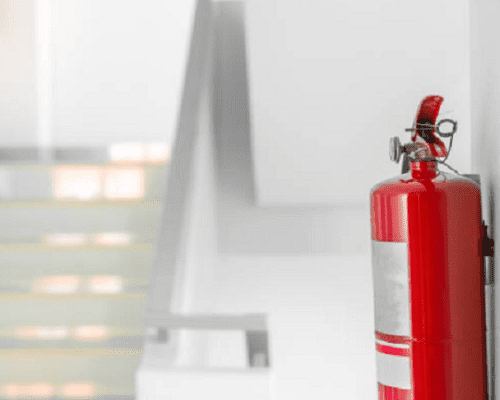

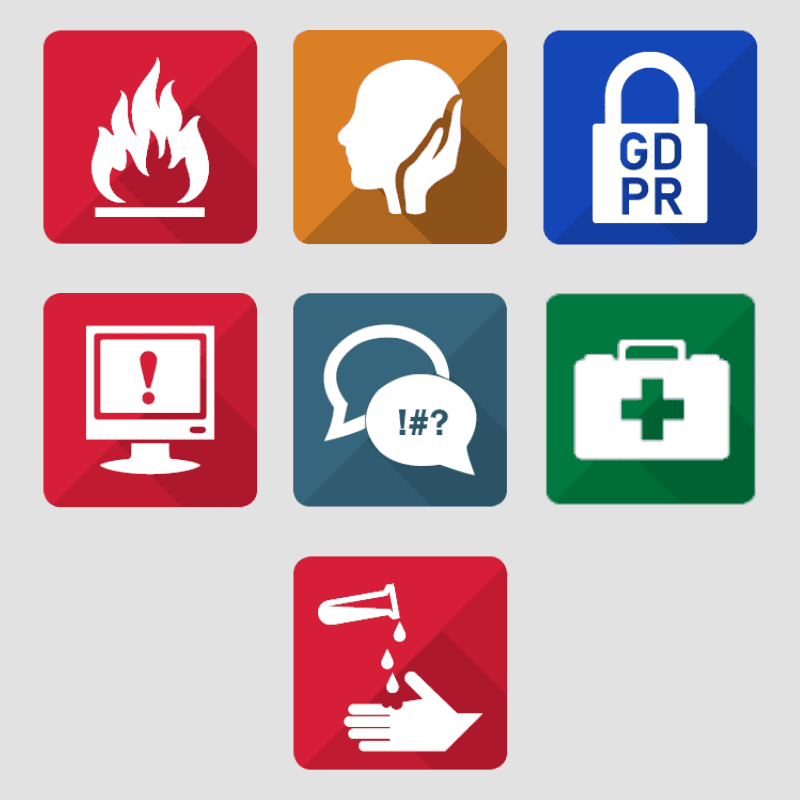
Relevant Legislation
- GDC Principle 5 – Have a clear and effective complaints procedure.
- CQC Statement on dental complaints
- CQC: Key line of enquiry (KLOE): How are people’s concerns and complaints listened and responded to, and used to improve the quality of care?
- CQC Regulation 16: Receiving and acting on complaints
- GDC Principle Seven- Maintain, develop and work within your professional knowledge and skills
- GDC Principle One – Put patients’ interests first
- Health and safety executive – Fire safety
- CQC Regulation 12 (Safety of care and treatment).
- CQC Regulation 17 (Good governance)
- The Health and safety executive: Display screen equipment
- The Mental Capacity Act 2005
- GDC Principle 3- Obtaining valid consent.
- GDC Principle 2 – Communicate effectively with patients
- Data Protection Act 2018
- GDC Principle 4- Maintain and protect patients’ information
- HSE Guidance on Control of Substances Hazardous to Health Regulations 2002.
- HSE guidance on: Reporting of Injuries, Diseases and Dangerous Occurrences Regulations (RIDDOR) 2013
- Quality Standards: Primary dental care
- GDC guidance on medical managing medical emergencies
- CQC Dental Myth buster – List of medical emergency drugs and equipment required in the dental practice



